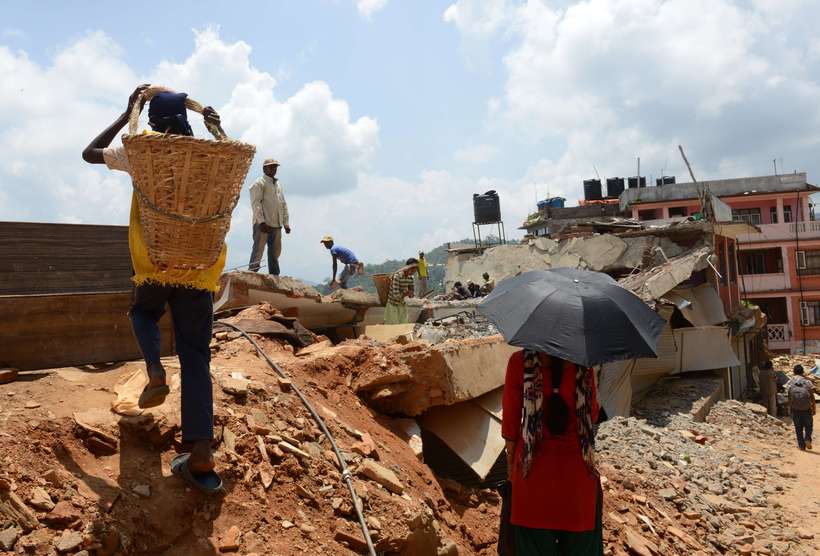Iceland 6th safest for natural disasters


Iceland has made international news in recent years for its volcanic eruptions and reports of earthquakes are frequent. Despite this, Iceland is classified as one of the very safest countries in the world in terms of becoming a victim of a natural disaster.
The most recent World Risk Report (2014), by the Institute of the Environment and Human Security of the United Nations University, ranks Iceland as the sixth least likely country to die in as a result of a natural disaster.
Exposure and vulnerability
According to the report the Index is meant to “answer four central questions:
- How probable is an extreme natural event, and will it affect people?
- How vulnerable are people to natural hazards?
- To what extent can societies cope with acute disasters?
- Is society taking risk reduction measures to prepare for natural hazards to be reckoned with in the future?”
The Index is calculated on the basis of two main criteria: exposure (i.e. the exposure of population to the impacts of one or more natural hazards, e.g. earthquakes, cyclones, droughts, floods and sea-level rise) and vulnerability (i.e. the social, physical, economic and environmental factors which make people susceptible to the impacts of natural hazards and the abilities and capacities of people to cope with and adapt to the negative impacts of natural hazards).
Iceland sixth safest
When all of the criteria have been quantified, it emerges that Iceland’s Risk Index is just 1.56%, beaten only by Grenada (1.44%), Barbados (1.21%), Saudi Arabia (1.17%), Malta (0.62%) and Qatar (0.08%).
The world’s most dangerous country (of the 171 analysed) in terms of dying in a natural disaster is the South Pacific archipelago of Vanuatu.
Contrary, perhaps, to the popular image of Iceland as a country at the mercy of nature and the elements, Iceland scores in the highest category on all indicators measured.
The full text of the report can be found here.









